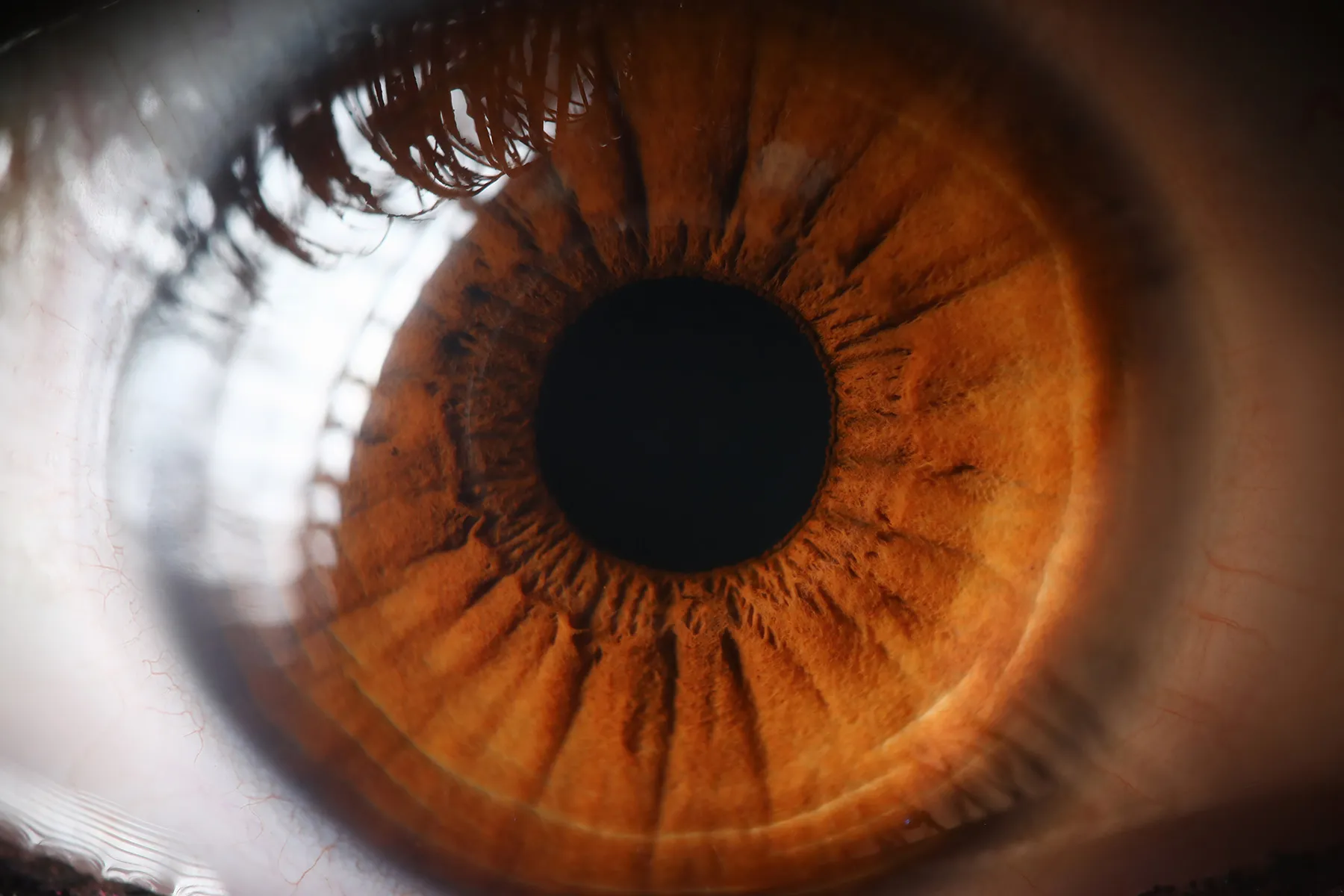HealthDay Reporter
THURSDAY, March 11, 2021 (HealthDay Information) — Your eyes could also be a window into the well being of your mind, a brand new research signifies.
Researchers discovered that older adults with the eye illness retinopathy have been at elevated danger of getting a stroke, in addition to potential signs of dementia. And on common, they died ahead of individuals their age with out the attention situation.
Retinopathy refers to a illness the retina, the light-sensing tissue in the back of the attention. It is usually attributable to diabetes or high blood pressure, each of which might harm the small blood vessels supplying the retina.
Retinopathy can result in vision adjustments, corresponding to bother studying or seeing faraway objects. Within the later levels, the broken blood vessels could leak and trigger visible disturbances like darkish spots or cobweb-like streaks, in accordance with the U.S. Nationwide Eye Institute (NEI).
Research have linked extra extreme retinopathy to the next stroke danger — presumably as a result of each contain diseased blood vessels.
Continued
Within the new research, researchers discovered that folks with indicators of retinopathy have been twice as more likely to report a historical past of stroke, versus these with no proof of the attention illness. Equally, they have been 70% extra more likely to report reminiscence issues — a possible indicator of dementia.
Over the subsequent decade, individuals with probably the most extreme retinopathy confronted a two to a few instances larger danger of dying.
It isn’t clear whether or not retinopathy really foretells a future stroke or reminiscence points, stated lead researcher Dr. Michelle Lin, an assistant professor of neurology on the Mayo Clinic in Jacksonville, Fla.
Research contributors have been requested about stroke historical past and reminiscence issues on the identical time they have been evaluated for retinopathy. It isn’t clear which circumstances got here first, Lin stated.
The subsequent step, she added, is to observe sufferers with retinopathy over time, to see whether or not the situation predicts larger stroke danger — and whether or not detecting retinopathy makes a distinction in that danger.
Lin will current the findings on the American Stroke Affiliation’s annual assembly, being held just about March 17-19. Research reported at conferences are typically thought-about preliminary till they’re printed in a peer-reviewed journal.
Continued
The outcomes are based mostly on greater than 5,500 U.S. adults who took half in an ongoing authorities well being research. All underwent retinal scans to search for retinopathy.
Practically 700 have been discovered to have the attention situation, whereas 289 had a historical past of stroke, and about 600 reported reminiscence issues.
On common, individuals with retinopathy had heightened dangers of stroke and reminiscence points — even after age, diabetes and hypertension have been taken under consideration.
“It looks like there’s one thing about retinopathy itself,” Lin stated. That’s, the attention illness could give perception into what’s taking place within the blood vessels of the mind.
“It is actually true that the attention is the window to the mind,” she stated.
Lin inspired individuals with retinopathy to work with their physician to get management of their danger elements for heart problems, which incorporates stroke and coronary heart illness. Meaning reining in circumstances like hypertension, diabetes and excessive ldl cholesterol.
These measures are additionally key in limiting imaginative and prescient loss from retinopathy. Past that, injectable drugs and laser surgical procedure are choices for extra extreme circumstances, in accordance with the NEI.
Continued
The findings assist including retinopathy to the checklist of things medical doctors think about in gauging sufferers’ stroke danger, in accordance with Daniel Lackland, a volunteer professional with the stroke affiliation.
That is, partly, as a result of detecting retinopathy is pretty easy, stated Lackland, who can also be a professor of epidemiology on the Medical College of South Carolina.
“After which we are able to work on methods for stopping a stroke, if an individual appears to have a excessive danger,” Lackland famous.
If individuals are already being handled for circumstances like hypertension, would a retinopathy prognosis change something? Possibly not, although Lin stated sufferers could possibly be screened for reminiscence impairment, or presumably referred for a mind MRI to search for tissue harm or issues with the blood vessels.
On the flip facet, Lin stated, individuals with cardiovascular danger elements ought to see an ophthalmologist to verify their eye well being.
Extra Info
The U.S. Nationwide Eye Institute has extra on retinopathy.
SOURCES: Michelle Lin, MD, assistant professor, neurology, Mayo Clinic, Jacksonville, Fla.; Daniel Lackland, DrPh, professor, epidemiology, Medical College of South Carolina, Charleston, and volunteer professional, American Stroke Affiliation; American Stroke Affiliation digital annual assembly, March 17-19, 2021






